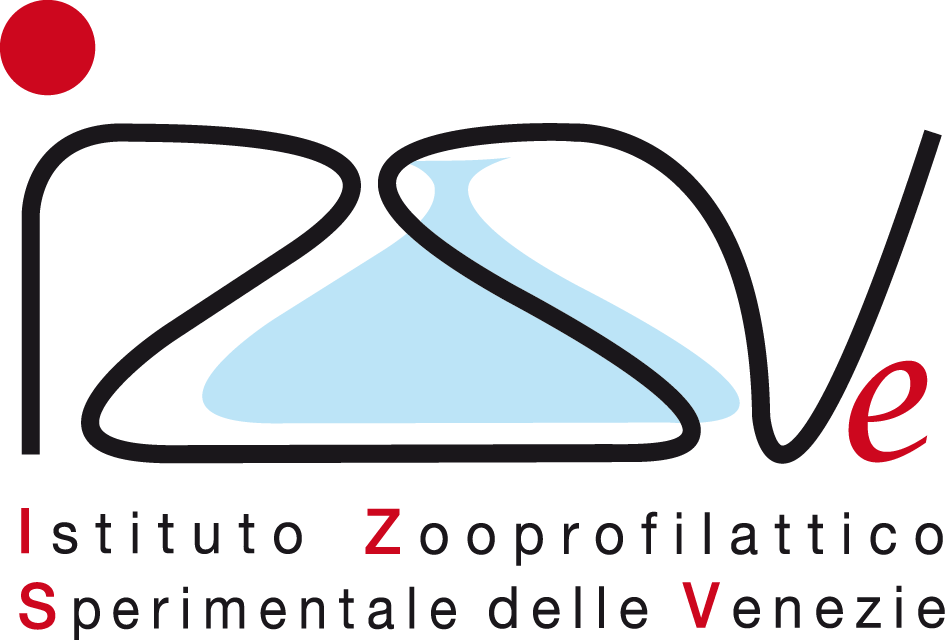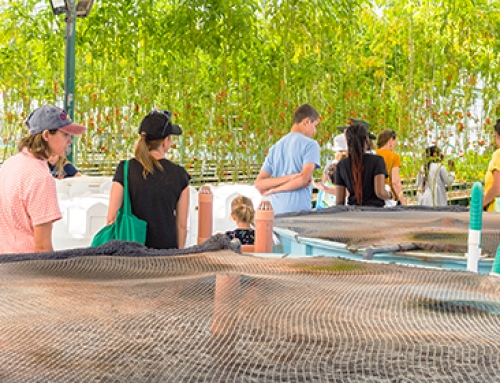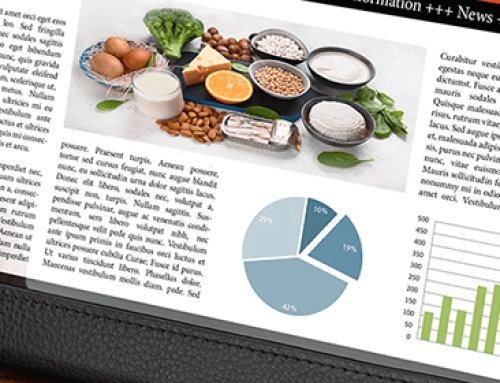
A research of the Osservatorio IZSVe shows that teachers feel they are not prepared to manage food allergies at school. Less than one third of the teachers (28,6%) has taken part in specific seminars and courses
Food allergies and intolerances are a serious public health issue in many western countries. Children are among the most vulnerable groups. International studies have shown that nearly one fifth of children suffering from food allergies have experienced at least one allergy reaction in school.
It is indeed of fundamental importance for teachers to promptly recognize and deal with such events to protect children’s health. This professional group, and the school staff in general, need to be adequately informed and trained on this issue.
Results from a study coordinated by the Osservatorio IZSVe and published in the Italian Journal of Pediatrics, highlight the teachers’ feeling of insecurity and inability to correctly manage an emergency situation because they are aware that they do not have sufficient knowledge for the management of potential allergic reactions. Moreover even though the issue of food allergies is generally perceived as significant, less than one third of the teachers (28,6%) has taken part in specific seminars and courses.
The study was conducted as a part of the research “Development of nanotechnogical methods (biosensors) to detect hidden allergens in animal and vegetable origin food” funded by the Italian Ministry of Health and coordinated by the Istituto Zooprofilattico Sperimentale del Piemonte, della Liguria e della Valle d’Aosta in collaboration with the Istituto Zooprofilattico Sperimentale delle Venezie, the Istituto Zooprofilattico Sperimentale della Sicilia and the Departments for public veterinary health, food safety and general direction of health protection bodies of the Italian Ministry of Health.
The research project
The research project had two main goals:
- studying the teachers’ perception, experience and information needs, in order to design a suitable communication action in line with the requirements of the target group;
- designing, implementing and monitoring a specific set of teacher-oriented communication actions.
Teachers who work in primary school in the cities of Turin, Palermo, Rome, Trento and Genoa were involved.

197 teachers took part in a workshop on food allergies with scientific experts. After their participation in the workshop an increase in knowledge on the issue was observed.
During the first phase (exploration) of the project the teachers’ perceptions, knowledge and information needs in respect of the topic were analyzed by means of the focus group methodology.
In the second phase (communication) 5 workshops open to teachers were realized. The contents of the workshops were planned according to specific knowledge requirements of the teachers, in accordance with what emerged during the focus group meetings. Targeted scientific information were provided through the discussion between teachers and experts in the sector (allergists and pediatricians).
Teachers’ training
197 primary school teachers took part in the project. Two structured questionnaires were administered to the teachers respectively at the beginning (ex-ante questionnaire) and at the end (ex-post questionnaire) of the workshop in order to evaluate possible changes in their level of knowledge on the topic after the participation in the training activity.
Data analysis shows an increase in teachers’ knowledge after the participation in the workshops. Results emphasize the need for specific educational actions and improvements in school health policies in order to support schools to deal with allergic students.
Children’s engagement
The seminars were an opportunity to distribute, as educational materials, the editorial product “Il teatro della salute” [The Theatre of Health], realized by the Italian Ministry for Health in collaboration with the Ministry of Education, University and Research and the Istituti Zooprofilattici Sperimentali. The first number of the collection, entitled “Una merenda particolare –Il grande pasticcio” [A strange snack – The big mess], contains two theatre performances revolving around the issue of food allergies and intolerances.
These theatre plays were provided to teachers at the end of each session in order to maintain their attention and interest in the topic and to engage children in awareness-raising activities on allergies and intolerances.
Moreover a digital animated story was realized starting from the theatre play “Una merenda particolare” with the aim to involve children and sensitise them on risks associated to food allergies and intolerances.







